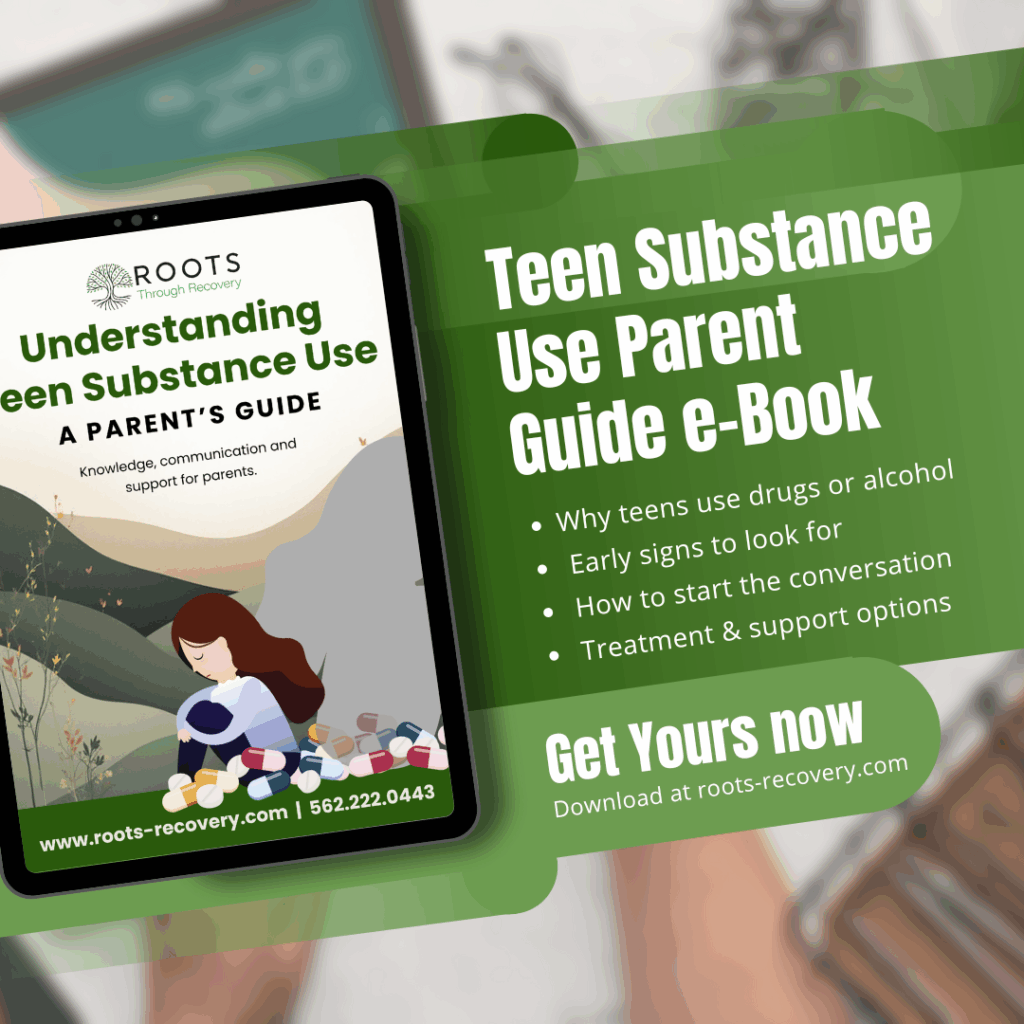Teen substance use is a growing concern, especially when it comes to the rise of cannabis vaping. While vaping has been marketed as a safer alternative to smoking, the truth is that vaping cannabis poses significant risks, particularly for teens. As a parent, it’s important to be informed about what vaping cannabis involves, why it’s harmful, and what you can do if you suspect your child is vaping.
In this article, we’ll cover the key information you need to know, provide real tips for helping your teen, and guide you on how to address the issue effectively.
What Is Cannabis Vaping?
Vaping cannabis involves inhaling vaporized marijuana or cannabis extracts using an electronic device, commonly referred to as a vape or a “pen”. These devices heat cannabis oil or concentrates to a temperature where the active compounds (such as THC) are released as vapor, which is then inhaled. Unlike traditional smoking, vaping doesn’t produce combustion, which has led many to incorrectly assume that it is a safer alternative.
Unfortunately, this misconception has contributed to the increasing popularity of vaping among teenagers, who may not fully understand the risks involved.
Why Cannabis Vaping Is Dangerous for Teens
Cannabis use during adolescence poses several health risks, particularly because the teenage brain is still developing. Here are some of the dangers associated with teen cannabis vaping:
- Impact on Brain Development: Studies show that cannabis use in teens can interfere with brain development, potentially leading to problems with memory, learning, attention, and decision-making. Since the brain continues to develop until around age 25, early cannabis use can have long-lasting effects.
- Higher THC Levels: Cannabis concentrates used in vape pens often contain much higher levels of THC than traditional marijuana. High-potency THC can increase the likelihood of dependency, anxiety, paranoia, and even psychosis.
- Increased Addiction Risk: According to the National Institute on Drug Abuse (NIDA), regular cannabis use in teens can lead to addiction. Adolescents are more susceptible to developing a substance use disorder than adults due to their still-maturing brains.
- Lung Health Concerns: Vaping, whether nicotine or cannabis, has been linked to lung injuries. In 2019, there was a significant outbreak of vaping-related lung injuries, some of which were tied to cannabis products containing harmful additives.

Signs Your Teen May Be Vaping Cannabis
As a parent, you should be aware of the signs that your teen might be vaping cannabis. Here are some red flags to watch for:
- Sweet or unusual smells: Vape pens often emit fruity or candy-like odors that are different from the traditional smell of marijuana smoke.
- Behavioral changes: A sudden drop in academic performance, disinterest in activities, or changes in social circles could be a sign of substance use.
- Physical symptoms: Look for signs of dry mouth, red eyes, or excessive hunger (also known as “the munchies”), which can be side effects of cannabis use.
- Unfamiliar devices: Vape pens can look like USB drives or pens. If you find unfamiliar devices or cartridges in your teen’s room, it could be a vaping device.
Tips for Parents Concerned About Teen Cannabis Vaping
If you suspect that your teen is vaping cannabis, it’s important to approach the situation with care and understanding. Here are some actionable steps you can take:
- Start a Conversation: Rather than confronting your teen with accusations, start a conversation by asking open-ended questions. Focus on expressing concern rather than anger. For example, “I’ve noticed some changes recently, and I’m worried about you. Can we talk about what’s going on?”
- Educate Yourself and Your Teen: Make sure both you and your teen are informed about the risks of vaping cannabis. Share facts about how vaping high-potency THC can affect brain development, lung health, and increase the risk of addiction. NIDA and CDC websites provide reliable resources on these topics.
- Set Clear Expectations: It’s important to set clear boundaries and expectations about substance use. Let your teen know where you stand on the issue and the consequences of violating these boundaries. Reinforce that your rules are there to protect their health and future.
- Encourage Healthy Coping Mechanisms: Teens often turn to substance use as a way to cope with stress, anxiety, or peer pressure. Encourage your teen to develop healthier ways to manage stress, such as through physical activity, mindfulness practices, or engaging in hobbies.
- Seek Professional Help If Needed: If your teen is already struggling with cannabis use or addiction, it may be time to seek professional help. Many therapists specialize in adolescent substance use, and programs like Cognitive Behavioral Therapy (CBT) can help teens develop strategies to resist peer pressure and make healthier choices.
- Involve Their School: Schools often have counselors or substance use programs that can offer support. They can provide resources and education for both students and parents on substance use prevention.
Resources for Parents
If you’re concerned about your teen’s cannabis use, there are numerous resources available to help:

- [Substance Abuse and Mental Health Services Administration (SAMHSA)](https://www.samhsa.gov/find-help/national-helpline): Offers a national helpline (1-800-662-HELP) for individuals and families facing substance use issues.
- [National Institute on Drug Abuse (NIDA)](https://www.drugabuse.gov/related-topics/teen-brain): Provides information on how drug use affects the developing brain.
- [Partnership to End Addiction](https://drugfree.org): Offers resources and support for parents concerned about their child’s substance use.
If you would like to have a specialist evaluate your teen, or would like more information about Roots Through Recovery’s treatment programs, you can schedule a consultation here.

